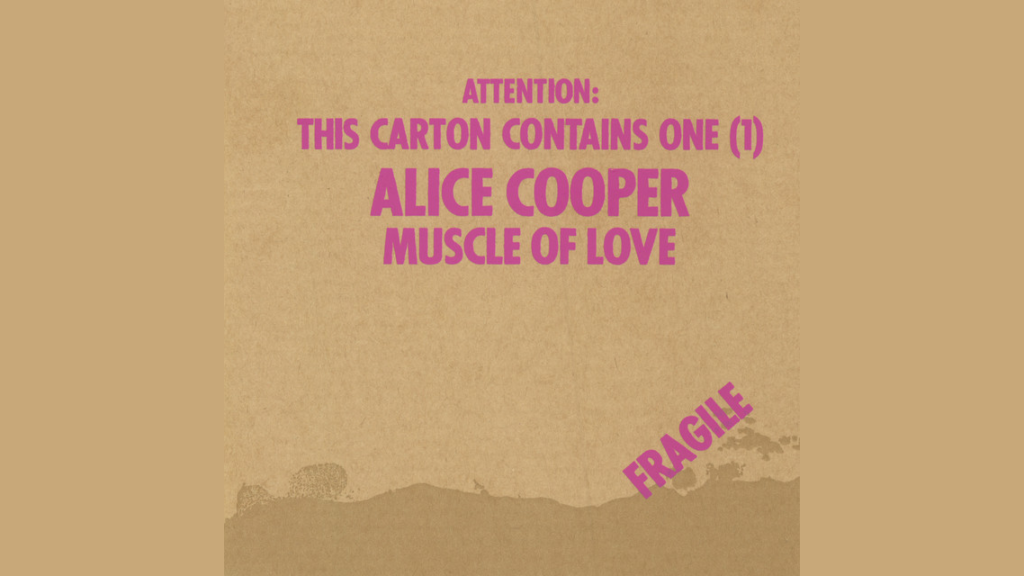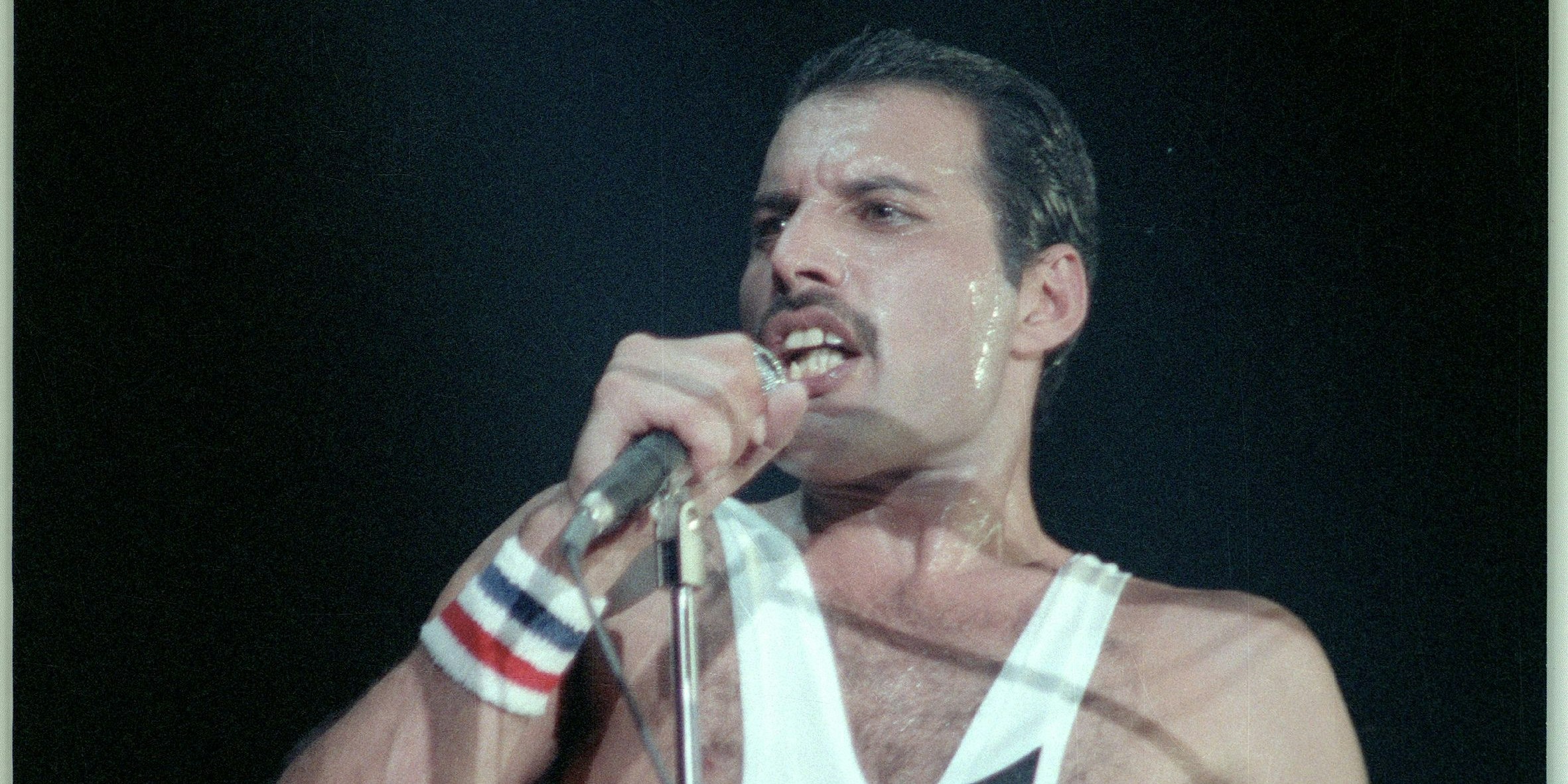
Success sometimes comes at a steep price. Legendary bands have broken up for a huge variety of reasons, some of them understandable and some of them, frankly, ridiculous. In some cases, however, bands have broken up because of a song – or at least, song was a major factor in what led to an eventual breakup. We’re looking at 16 songs that not only defined the bands that wrote them, but ultimately spelled their doom.
16. The Police: Every Breath You Take

The Police’s hit “Every Breath You Take” is often seen as a love song, but it masked the growing tension between band members Sting and Stuart Copeland. The song’s success and the relentless touring schedule strained their relationship, ultimately leading to their breakup in 1984. It’s a classic case of how too much success can be detrimental.
15. NSYNC: Bye Bye Bye

As NSYNC rose to fame with their catchy hit “Bye Bye Bye,” tensions began to brew within the group. Creative differences and individual aspirations led to a rift, especially after the release of their album “Celebrity” in 2001. The members pursued solo projects, effectively putting the group on an indefinite hiatus, and leaving fans wondering what could have been.
14. The Eagles: Victim of Love

The Eagles faced a significant conflict over the song “Victim of Love” when guitarist Don Felder wanted to sing lead. The rest of the band secretly re-recorded it with Don Henley, leading to a breach of trust. This incident, combined with other tensions, culminated in a heated altercation that marked the band’s breakup.
13. R.E.M.: We All Go Back to Where We Belong

While not the sole cause of their breakup, R.E.M.’s song “We All Go Back to Where We Belong” reflects the bittersweet realization that all good things must come to an end. The band’s legacy was marked by internal struggles, and this song encapsulated their journey and the inevitability of change.
12. The Beatles: Revolution 9

The Beatles’ experimental track “Revolution 9” created a rift between John Lennon and Paul McCartney. The avant-garde nature of the song clashed with McCartney’s preference for catchy melodies. This creative difference contributed to the tensions that ultimately led to the band’s dissolution.
11. Depeche Mode: Personal Jesus

Depeche Mode’s “Personal Jesus” was born out of internal struggles and personal issues during the recording of their album “Violator.” The song’s success highlighted the band’s conflicts, and the pressures of fame led to the departure of member Alan Wilder in 1995, marking a significant shift in their dynamic.
10. Simon & Garfunkel: The Only Living Boy in New York

During the recording of “Bridge Over Troubled Water,” Art Garfunkel left to pursue acting, leaving Paul Simon to work alone. When Garfunkel returned, he found that Simon had recorded “The Only Living Boy in New York” as a solo piece, which made him feel excluded. This song reflected their strained relationship and foreshadowed their eventual breakup.
9. ABBA: The Winner Takes It All

ABBA’s “The Winner Takes It All” is a poignant reflection of the emotional turmoil surrounding Björn and Agnetha’s impending divorce. While not the sole reason for the band’s breakup, the song captured the personal struggles within the group and resonated with audiences worldwide, highlighting the pain of lost love.
8. Rage Against the Machine: Renegades of Funk

Rage Against the Machine faced internal conflicts leading to their breakup in 2000, particularly over their covers album “Renegades.” The tensions escalated, culminating in lead singer Zack de la Rocha’s departure – nearly two months before the album had even come out. With no tour dates set and de la Rocha gone, RATM joined with Soundgarden’s Chris Cornell and formed Audioslave.
7. Fleetwood Mac: Go Your Own Way

Written by Lindsey Buckingham, “Go Your Own Way” reflects his tumultuous relationship with Stevie Nicks. The song’s personal nature contributed to ongoing turmoil within Fleetwood Mac, leading to lineup changes and breakups. It’s a powerful reminder of how personal relationships can impact a band’s unity.
6. Guns N’ Roses: Sympathy for the Devil

Guns N’ Roses faced significant internal struggles during the 90s, particularly due to Axl Rose’s behavior. Their rendition of “Sympathy for the Devil” became a breaking point, leading to conflicts among band members. This track marked the beginning of the end of the original lineup, resulting in the departure of key members.
5. The Verve: The Drugs Don’t Work

The Verve’s “The Drugs Don’t Work” reflects lead singer Richard Ashcroft’s struggles with substance abuse. The song’s success came during a time of internal strife, and the pressures of fame ultimately led to the band’s breakup in 1997. It’s a stark reminder of how personal demons can overshadow artistic achievements.
4. Oasis: Don’t Look Back in Anger

Oasis’s “Don’t Look Back in Anger” was a significant factor in the escalating tensions between brothers Noel and Liam Gallagher. The song’s success elevated Noel’s role, which created further conflict. This dynamic ultimately contributed to the band’s breakup in 2009 – another classic case of sibling rivalry.
3. Elton John and Kiki Dee: Don’t Go Breaking My Heart

The song “Don’t Go Breaking My Heart” propelled Kiki Dee to solo success, overshadowing her band. This shift in focus led to tensions and ultimately contributed to the breakup of the Kiki Dee band. It’s a classic example of how individual success can impact group dynamics.
2. Alice Cooper: Woman Machine

Alice Cooper’s band faced challenges as they became overshadowed by his stage antics. The song “Woman Machine” failed to gain chart success, leading to the band’s departure. This marked the transition of Alice Cooper from a band to a solo act.
1. The Arctic Monkeys: Do I Wanna Know?

The Arctic Monkeys’ “Do I Wanna Know?” marked a shift in their musical style, leading to creative differences within the band. The song’s success accelerated these issues, contributing to their decision to take a hiatus. It’s a reminder that even successful bands can face challenges in maintaining their identity.





















